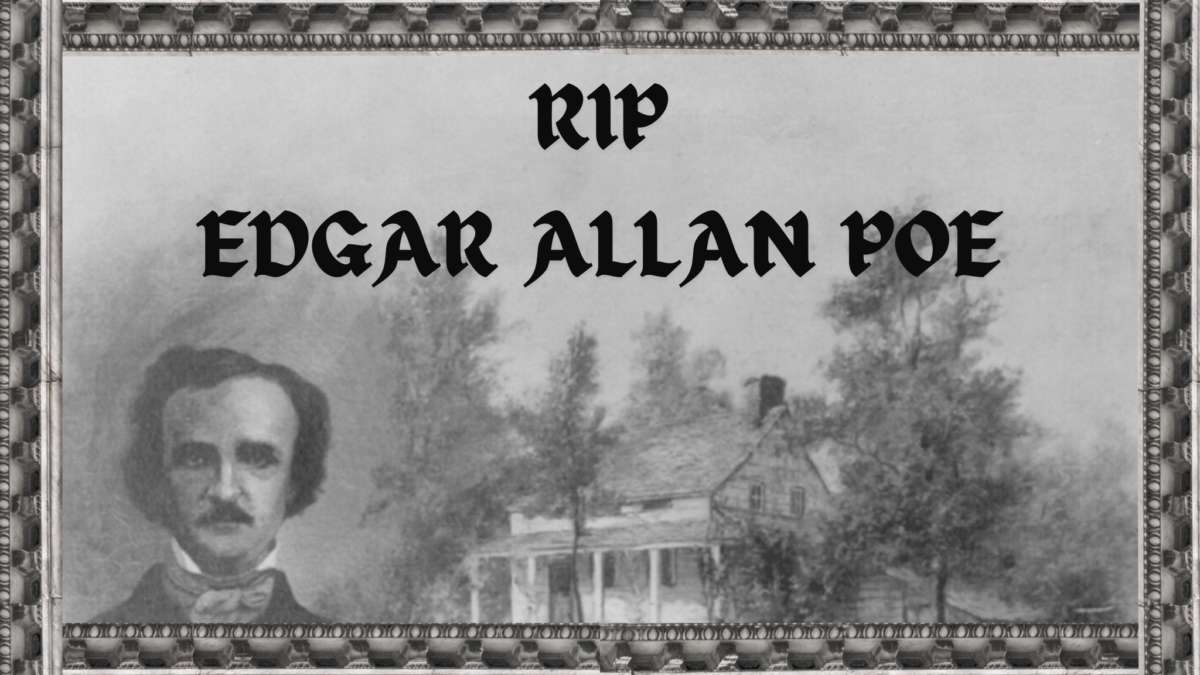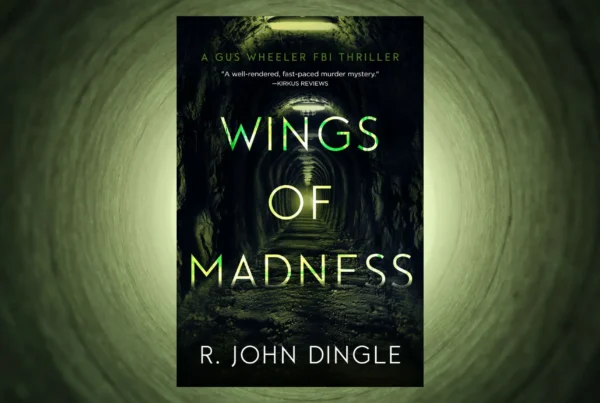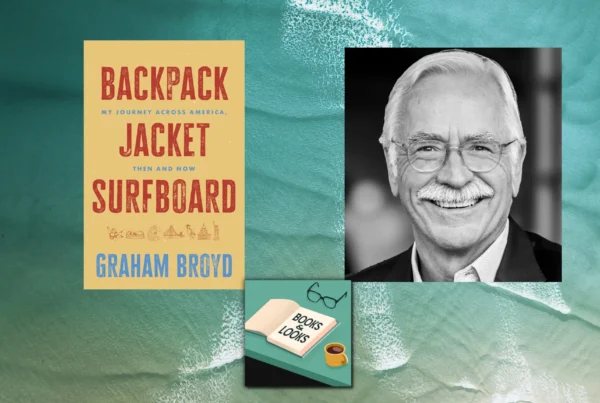Edgar Allan Poe is one of only a handful of writers who not only gained recognition during their lifetime but left behind a legacy that influenced generations of writers in a variety of genres and even languages. He is said to be the father of the modern detective story, was coined as helping to develop the Gothic horror story and is thought to be an early forerunner of science fiction.
Born January 19, 1809, in Boston, MA, Poe is probably best known in literary circles as a poet and short story writer — his work mainly consisted of mystery or the macabre. Poe’s work owes much to the romanticism of the occult and satanic during the time, where séances were often conducted by the wealthy to entertain guests. His feverish dreams were also the inspiration for, at least in part, some of his tales. He authored well-known works such as “The Murders in the Rue Morgue,” “The Tell-Tale Heart,” “The Cask of Amontillado,” “The Fall of the House of Usher” and “The Raven.”
Poe was also a critic and editor, having been the editor for the Southern Literary Messenger in Richmond, coeditor of Burton’s Gentleman’s Magazine in Philadelphia, subeditor for the New York Mirror and editor of the Broadway Journal.
But Poe was much more than just a writer, poet, critic and editor. He was a flawed man — an alcoholic, a gambler, a man who was very much a product of his time, and his sharp criticisms were often thought to be unkind. Still, Poe had a duality about him that made him well-respected and beloved across the board. He had a sensitivity to the beauty and sweetness in women which inspired some of his most touching works. He was said to have been a wonderful husband and son-in-law. Poe was also seen to have a great sense of humor. In other words, Edgar Allan Poe was human, like you and I, which made him a relatable character in many respects.
French poets Charles Baudelaire and Stéphane Mallarmé were heavily influenced by Poe’s work, which solidified his legacy in European literary circles and eventually spilled over into other countries. Other authors and poets that were inspired by his works include (but is certainly not limited to) T.S. Eliot, Ezra Pound, Fyodor Dostoyevsky, Ambrose Bierce, H.P. Lovecraft, Stephen King, Sir Arthur Conan Doyle, and it is widely speculated that Poe’s The Narrative of Arthur Gordon Pym is one inspiration of Herman Melville’s Moby Dick.
On October 7, 1849, in Baltimore, MD, Poe died, presumably either due to excessive drinking, heart failure or some other cause that remains unknown. The actual cause of his death is still heavily debated today. While Poe was originally buried in an unmarked grave in his grandfather’s plot in Westminster Burying Grounds in Baltimore, teachers and students later raised enough money for a proper monument, which was erected at the cemetery gates.
Poe may no longer be here with us in the flesh, but his legacy lives on in the works of countless authors. Even today, horror and crime authors draw on inspiration from his works, whether it is to master the ambiance Poe employed, reproduce the same type of “elegant shock” for a modern audience, or to grow their own legacy after they depart this world. As for poets, well, Poe was a genius poet and is studied across the world. Simple as that.
In my opinion, Edgar Allan Poe shouldn’t have been so afraid of death, because he lives on in all of the writers who have succeeded him and will remain immortal as a result.
RELATED POSTS
“His Hideous Heart” Updates Edgar Allan Poe for Gen Z
PBS’s “Buried Alive” Unmasks the Truth About Edgar Allan Poe
Here’s Why Edgar Allan Poe Still Matters




